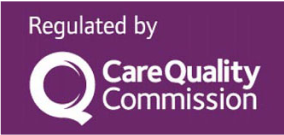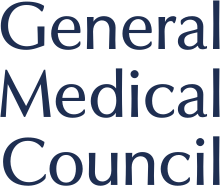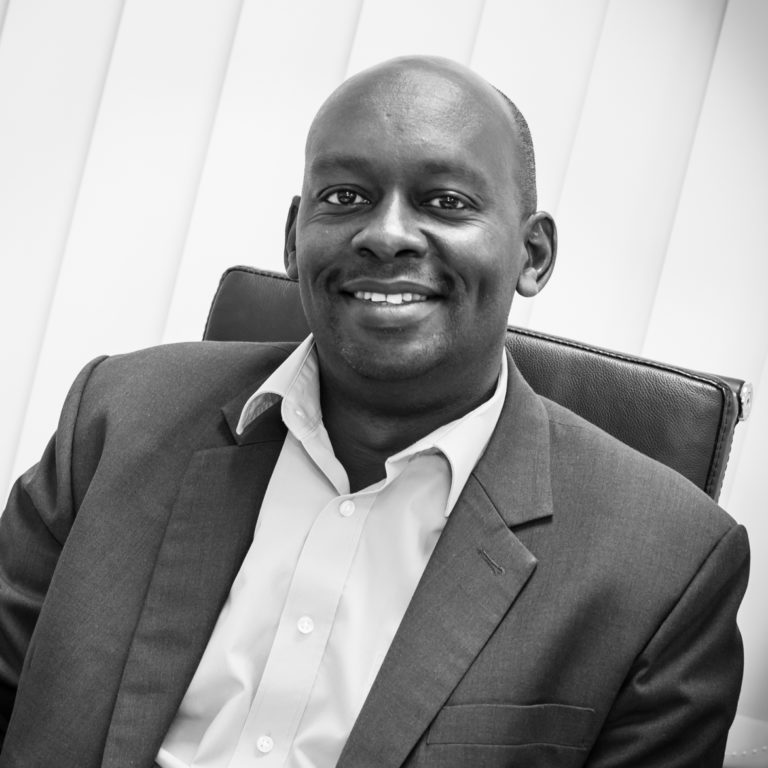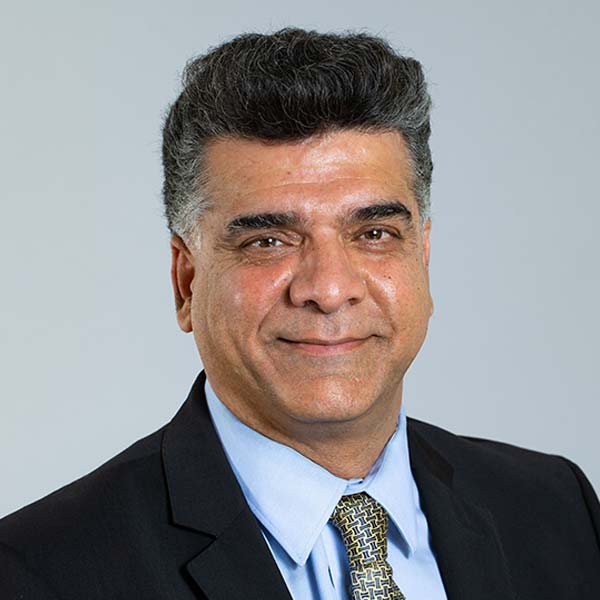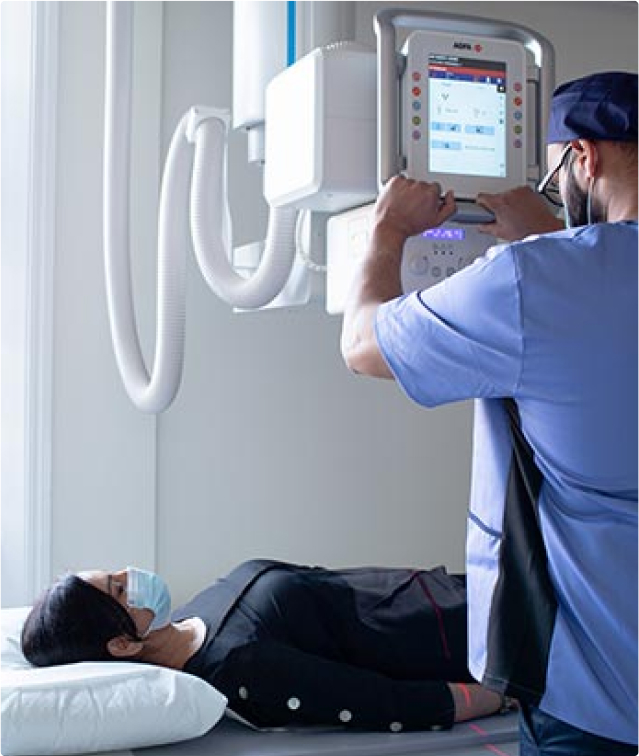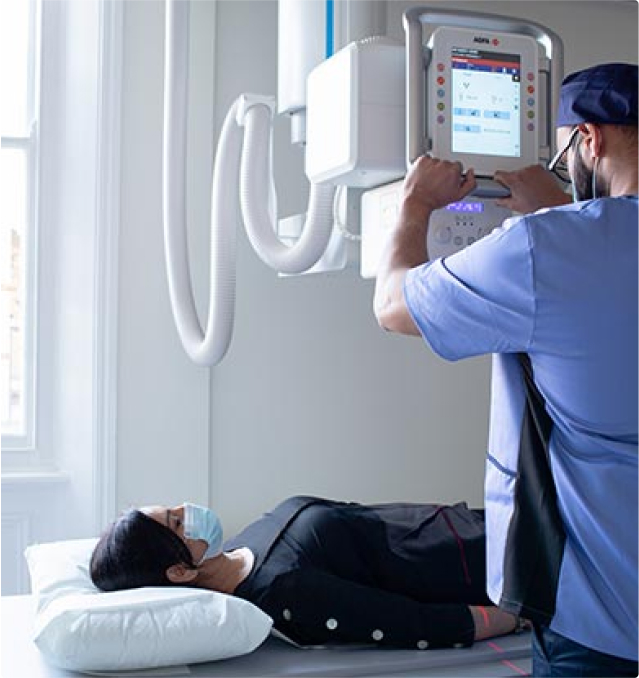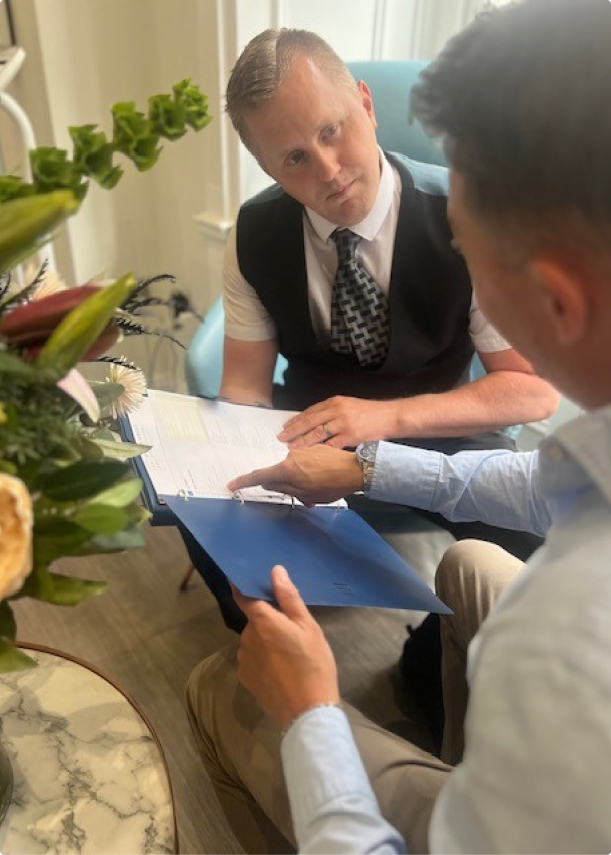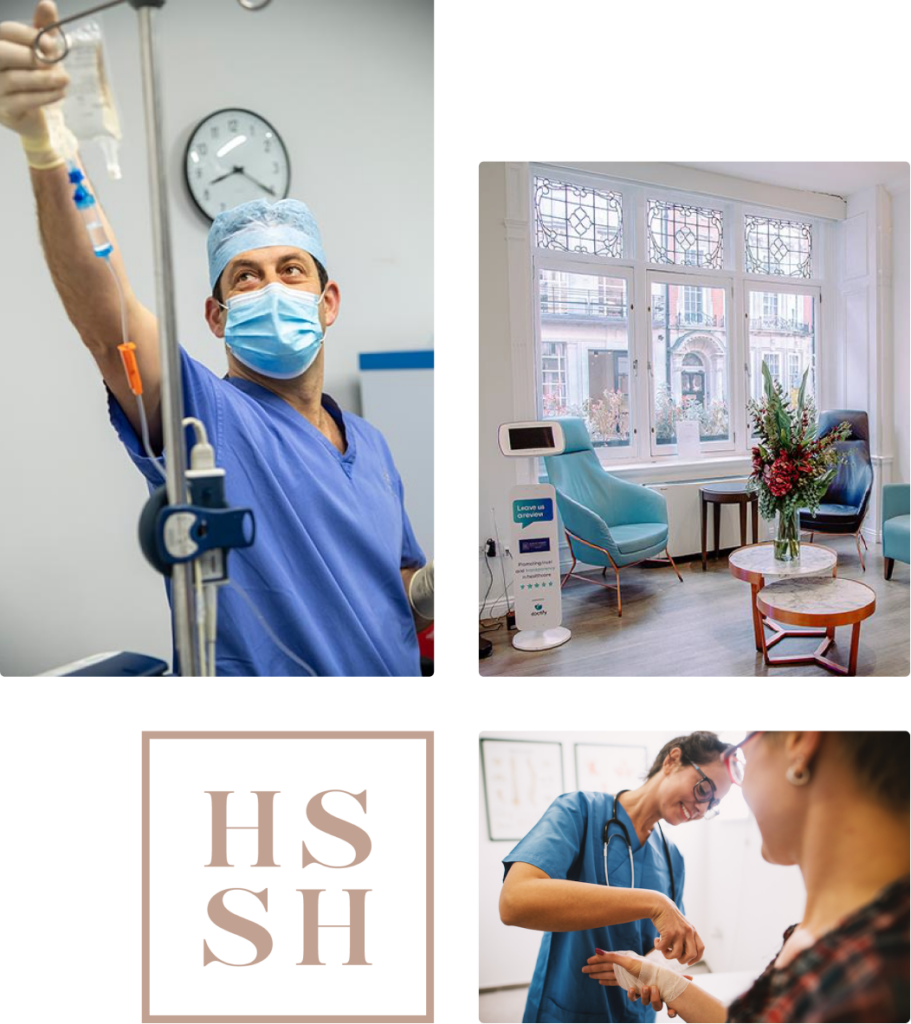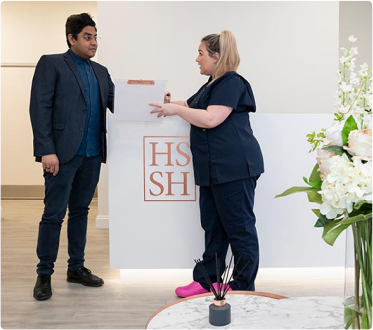Herniated Disc: Diagnosis & Treatment London
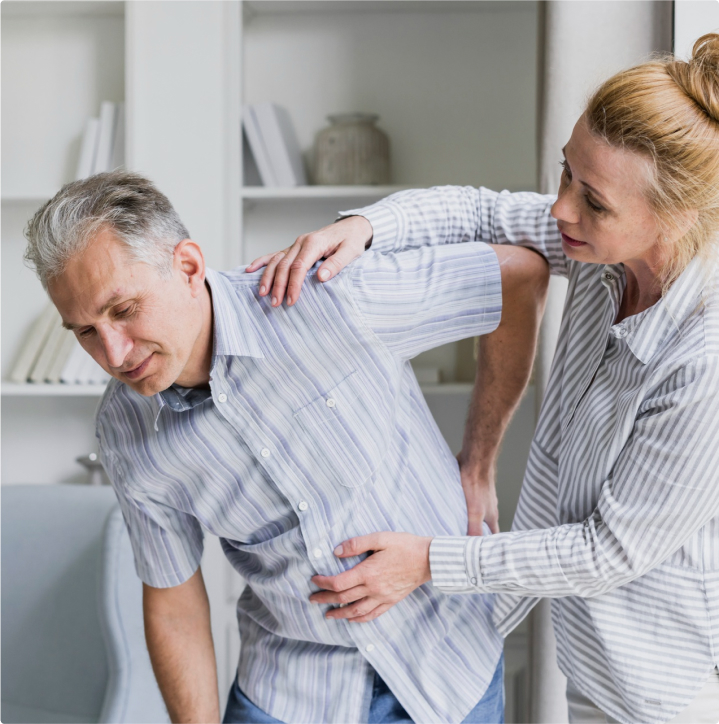
One of the most common back and spine conditions, a herniated disc (also known as a slipped disc) is a major cause of back pain. It can happen for lots of different reasons, including getting older and exercising too hard. While not everyone knows if they have a slipped disc, for other people the dislodged tissue can compress nerves in your back, causing mild to severe pain.






